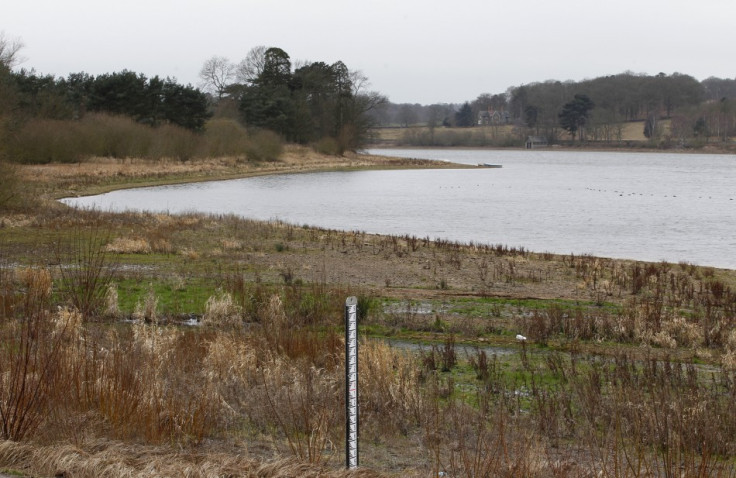Hosepipe ban to be imposed in Kent and Sussex from August 12
People will not be allowed to use hosepipes to water gardens, fill swimming pools and wash cars.
South East Water has announced a hosepipe ban for Kent and Sussex which will come into effect from August 12.
The ban will remain in place until further notice, according to a statement by South East Water. The firm is the latest company to impose restrictions.
Hampshire, the Isle of Man and the Isle of Wight have already implemented a hosepipe ban. The ban comes against the backdrop of England witnessing its driest July since 1935. This is the first time since 2012 that the region has witnessed a hosepipe ban.
"We haven't taken this decision lightly, and we know the temporary use ban will have an impact on our customers," said Dr Alison Hoyle, director of risk and compliance at Southern Water, per Sky News.
A hosepipe ban implies that people will no longer be able to water their gardens, wash cars, fill their swimming pools, and clean walls and windows, among several other activities. People could face a fine of up to £1,000 for breaking the rules.
Despite the rivers running at exceptionally low water levels, several water firms have not put in place restrictions on water use. The experts believe that if restrictions are not put in place in time, it may lead to an increase in water demand.
"Announcing it at the last minute causes people to rush to wash their cars and fill their paddling pools, wash their dogs, and causes an increase in demand before the ban comes in," says Mark Lloyd, chief executive of The Rivers Trust.
"This should happen before the rivers come to a desperate condition and there's not enough water for wildlife," he added.
Meanwhile, Thames Water has even issued a warning stating that its reservoirs are already running below normal levels and if the region does not receive above-average rainfall in the coming months, it could create pressure on resources.
Meanwhile, the National Drought Group has moved England into "prolonged dry weather" status which basically implies that the country is just one step away from a drought.























